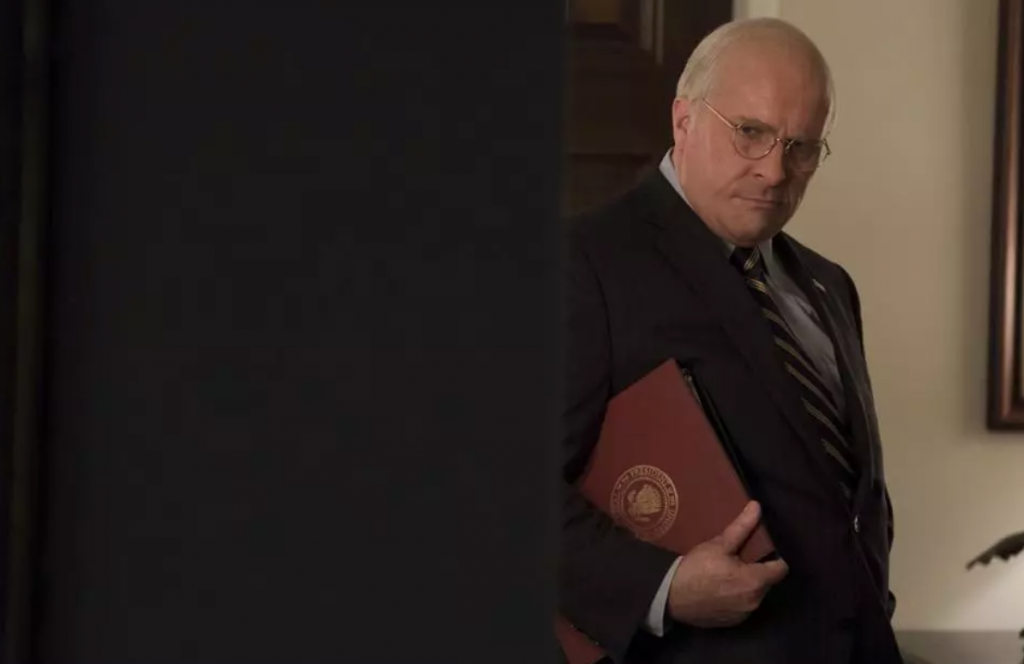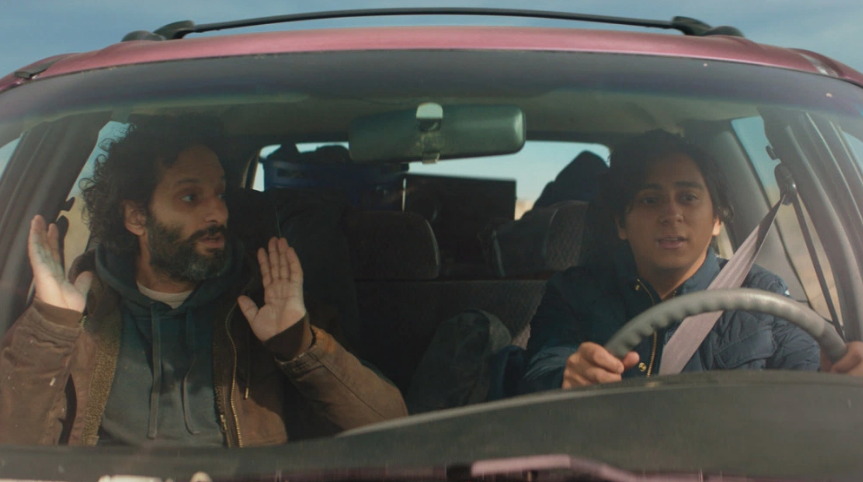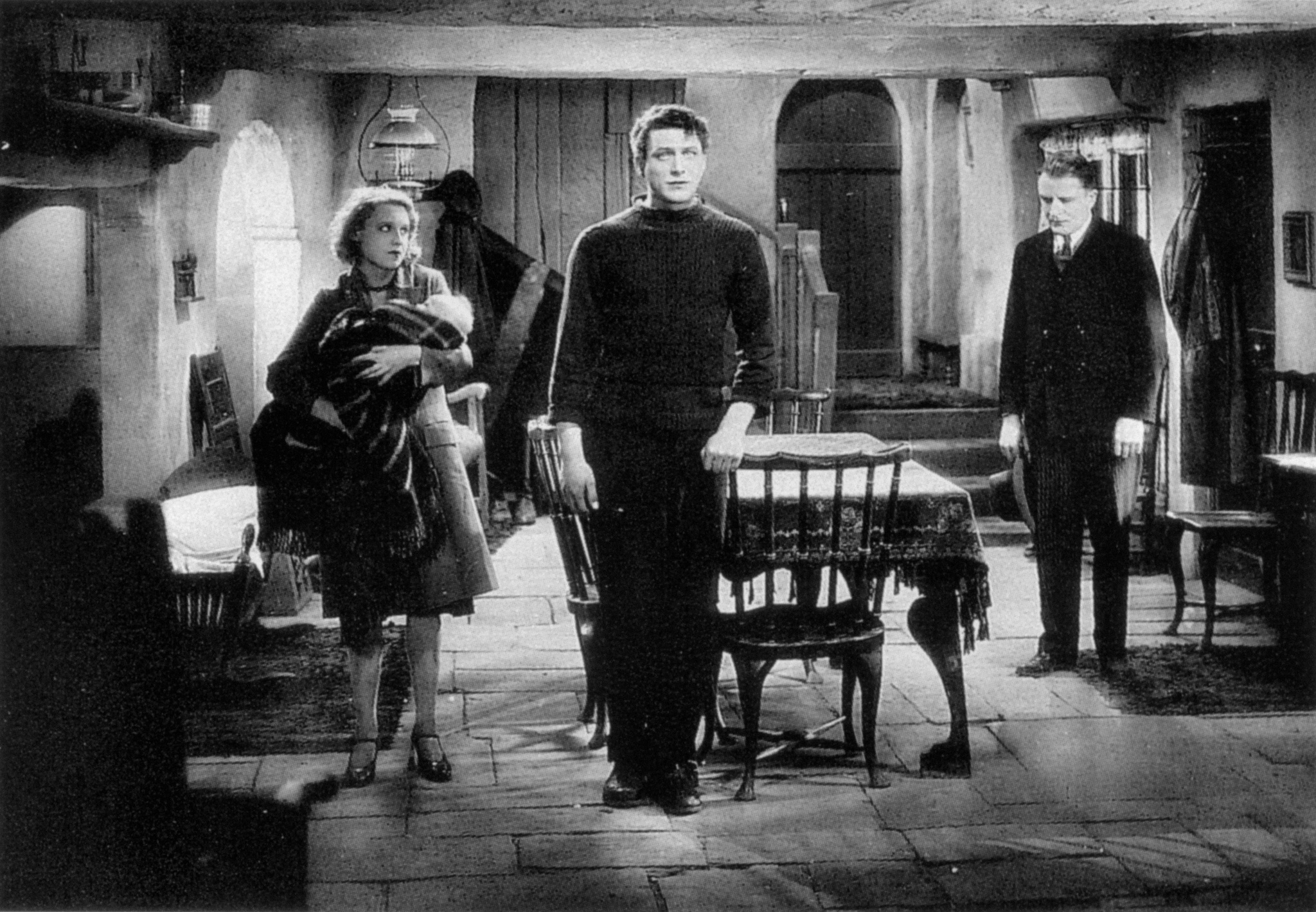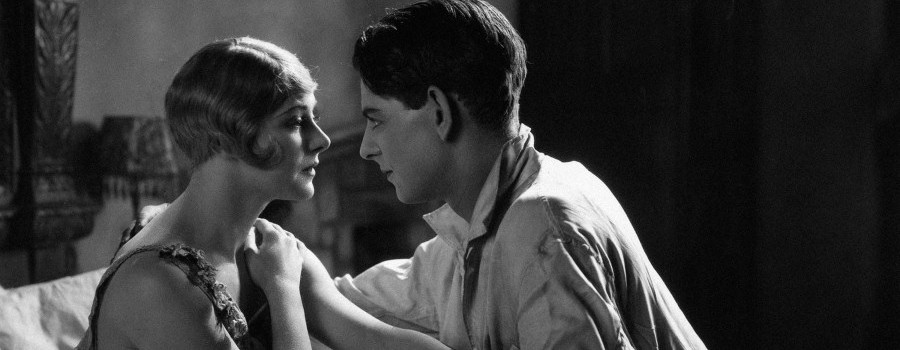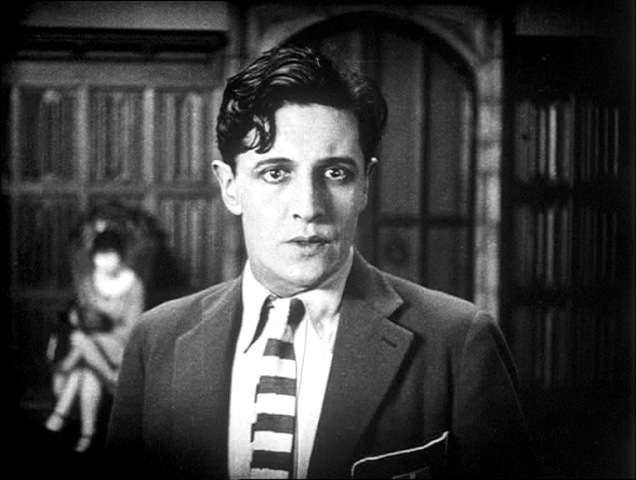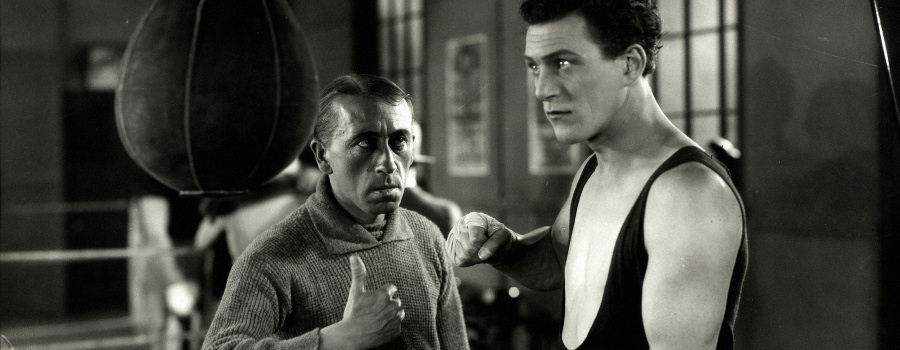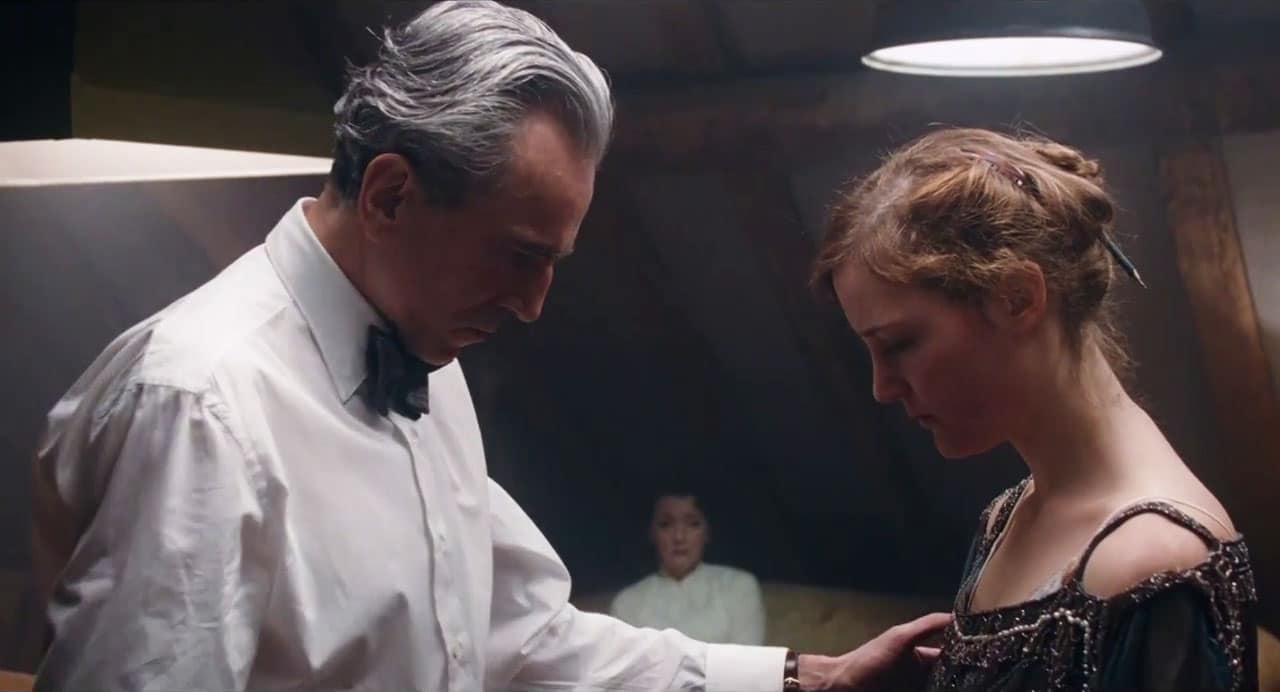Joe Dante’s Inferno, by Bob Connally
20 Feb

Last summer in my look at Who Framed Roger Rabbit?, I expressed my unabashed love of Looney Tunes. Robert Zemeckis’ 1988 masterpiece featured essentially every Looney Tunes star in a cameo role and while there is a lot of wacky humor in the film it has the story and structure of a detective movie. In 1996, the Looney Tunes stars were given bigger roles in Space Jam, a film that holds a strange nostalgic power for many Millennials that escapes me. A few moments aside, the comedy is weak and it’s a visual nightmare. The moment Daffy Duck and Bill Murray share a frame is however a great contribution to American cinema. 2003’s Looney Tunes: Back in Action is now largely forgotten, even by me and I saw it. Thirteen years before however, that film’s director, Joe Dante, unleashed a film that truly captured the off the wall spirit of Looney Tunes in a way that neither Space Jam nor Back in Action came close to doing. He did it, in of all things, a sequel to one of the biggest commercial hits of the 1980s.
[…]
